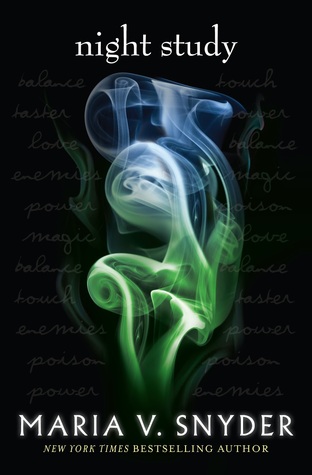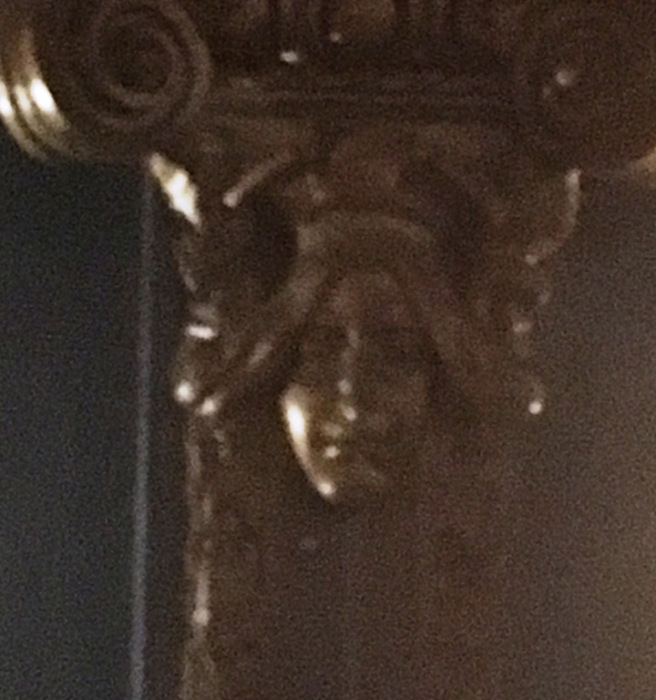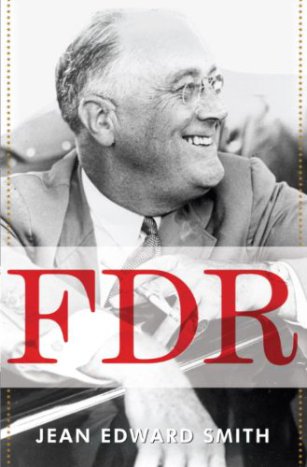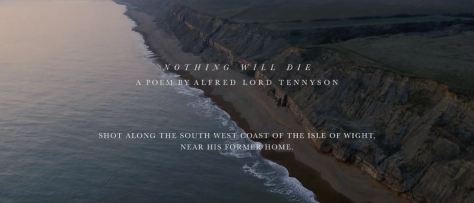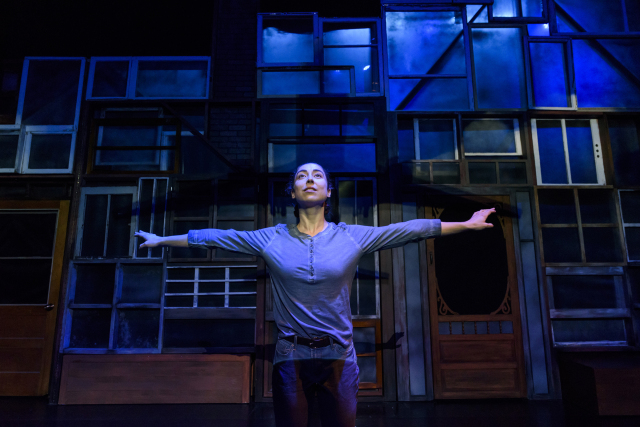
Andréa Jorawsky as Irma in Irma Voth, premiering at Theatre Network. Photo by Ian Jackson/ EPIC Photography
By Liz Nicholls, 12thnight.ca
Enter the Roxy, and see what a sense of possibility looks like.
A shallow stage is dominated by a beautiful translucent wall made entirely of framed windows. Windows that will glow promisingly, conjure paintings or cityscapes, send reflections back at you, open to reveal shadowy glimpses of the what-might-be beyond. Sometimes, amusingly, they’ll just pop open for an talking head cameo, cuckoo-clock fashion.
In Bradley Moss’s production, Megan Koshka’s design — with ingenious assistance from Scott Peters lighting, Ian Jackson’s videography, Aaron Macri’s soundscape — gets unerringly to the heart of Irma Voth. And I do mean heart. Chris Craddock’s captivating new play, adapted from the Miriam Toews novel, is all about the opening of windows: the possibility of change, light, vision, in sealed-up blinkered lives.
The world, it turns out, is not opaque — even though it never occurs to you to think otherwise when you’re a girl like Irma. And you live in an isolated, fanatically conservative Mennonite sect in the middle of nowhere in the Mexican desert. And you’re at the mercy of a brutally abusive father. It is, as Irma astutely observes, “a very dark pitch-black part of the world” when your only power source is a flashlight.
In the wall of windows there are two screen doors, one that revolves (flinging characters in and out of sight) and one that slams. Now, there’s a metaphor for what’s going on in the lives of two plucky Mennonite sisters, with a baby sister in tow, who find themselves on the lam from their joyless oppression.
And the doors are crucial as well to Moss’s careening, high-speed five-actor many-many-character production. It’s an escape adventure that happens in episodic increments, as Craddock’s play charts in its rapid-fire volley of scenes. The distance between “father will kill you!” and “don’t fuck with the Voth girls!” — may be totted up in tiny telling moments. But it adds up to light years, as Irma herself (Andréa Jorawsky) concludes as she assesses her break for freedom with her sister Aggie (Kendra Connor).

Kendra Connor as Aggie in Irma Voth, Theatre Network. Photo by Ian Jackson/ EPIC Photography.
Rule-breaking starts with a rodeo, and Jorge (Todd Houseman), the Mexican boy that Irma falls for and precipitously marries, a change-in-status that happens so fast you barely have time to grasp it. Then there’s the Mexican film crew, led by a famous director, that arrives in the community to make a movie about Mennonites.
Diego (Kristi Hansen) offers Irma a job translating; his German leading lady doesn’t speak Spanish. “I want her eyes to harm me!” he declares, by way of explaining his Euro casting choice. “She should be too big for her body, so that she is squeezed out through here,” he adds, touching his forehead.
He might have been talking about wide-eyed Irma herself. Which only goes to show you that even peripheral exposure to art and artists can rock your world.
Suddenly, the arid air is invaded by ideas, inspirations, arguments, music, laughter, questions and the people who don’t know the answers but are trying to find them while also getting laid. And, of course, bullshit. Art may be a revelation, a life-changer. But one of the appealing things about Irma Voth is its refusal to be worshipful or grand about artists, or the self-identified “artistic.”
Instead, it takes a tone of amused indulgence about, say, the film techie who explains his whole theory of dreams and survival. Ditto the preposterously married Mexican couple (Craddock and Hansen), a veritable cartoon of play-acted bliss, who give Irma and Aggie a place to live.
In a pellmell escalation not without its scramble farcical elements, there’s life’s rich pageant in Mexico City, full of oddballs, questers, risk, the tango, spontaneous acts of charity, incipient chaos — and art.
“I didn’t know grown-up people could do that,” explains Aggie (Connor), a feisty little insurrectionist, on her knees crying in front of a giant Diego Rivera mural in Mexico City. She’s wonderstruck by the sheer unexpected improbability of art — the impulse to create something beautiful that could express an entire history of human sorrow.
Speaking as we are of the improbability of art, reimagining a novel as a small-cast play is a sort of test case for grown-up playfulness — and theatrical ingenuity, from director and cast. As they ricochet from character to character, there are occasional signs of strain and disintegration, in truth, in a production that’s after the speed of farce but the depth of coming-of-age drama.
At the centre, though, is Jorawsky’s luminous anchoring performance as Irma. She steps in and out of the frame of her story, as both its narrator, increasingly wry in her assessments, and a player in her own story. It’s an appealingly funny, honest, heart-cranking performance: Irma is a watchful, open-hearted Candide who valiantly pries herself loose from the lethal shackles of her known world into a brave new one.
And she takes her little sister with her. Aggie, a fierce and funny sidekick and personal goad-er, gets a starchy comic performance from the resourceful Connor.
Around this sisterly double-axis, the gallery of characters whirl, as Moss’s inventive casts finds ways — some of them less successful than others — to transform on a peso. Among his 10 assignments, including staccato cameos from miscellaneous assorted doctors, cab drivers, film types, Craddock is genuinely scary as the violent, sadistic Mennonite father. Even his beard is pretty ferocious.
Hansen as his long-suffering wife, reduced to secret meetings with her daughters, is a compelling woman of griefs and sorrows. Her performance, though, as the larger-than-life Diego, an artist of outsized passions, seems curiously small-scale, quiet, reasonable even instead of imperious. With his command of precise physicality, Houseman has comic impact in a variety of guises.
It would be the height of socio-cultural irresponsibility were I to explain the machinations of the story before you have a chance to see this very entertaining evening of theatrical storytelling. Suffice it to say light gets shed on the mysterious relocation of the family to Mexico, and there’s a special bonus at the end, a big finish where comedy and heartbreak and even a whiff of satire come together.
The playwright has always been dexterous and smart with the ever-expanding, non-resolvable comic resolution. You’ll already know this if you saw his Summer of My Amazing Luck with its thought that you have to take chances if you want to have a life that turns out “fun and funny and lucky and good.”
After all, freedom is a big-ticket item, as Irma, sadder and wiser and funnier, comes to realize. You have to save up for it. It comes with uncertainty, risk, guilt. And you can’t sit near the exit.
REVIEW
Irma Voth
Theatre: Theatre Network
Written by: Chris Craddock, adapted from the Miriam Toews novel
Directed by: Bradley Moss
Starring: Andréa Jorawsky, Kendra Connor, Todd Houseman, Chris Craddock, Kristi Hansen
Where: Roxy on Gateway, 8529 Gateway Blvd.
Running: through May 7
Tickets: 780-453-2440, theatrenetwork.ca
Share this:
